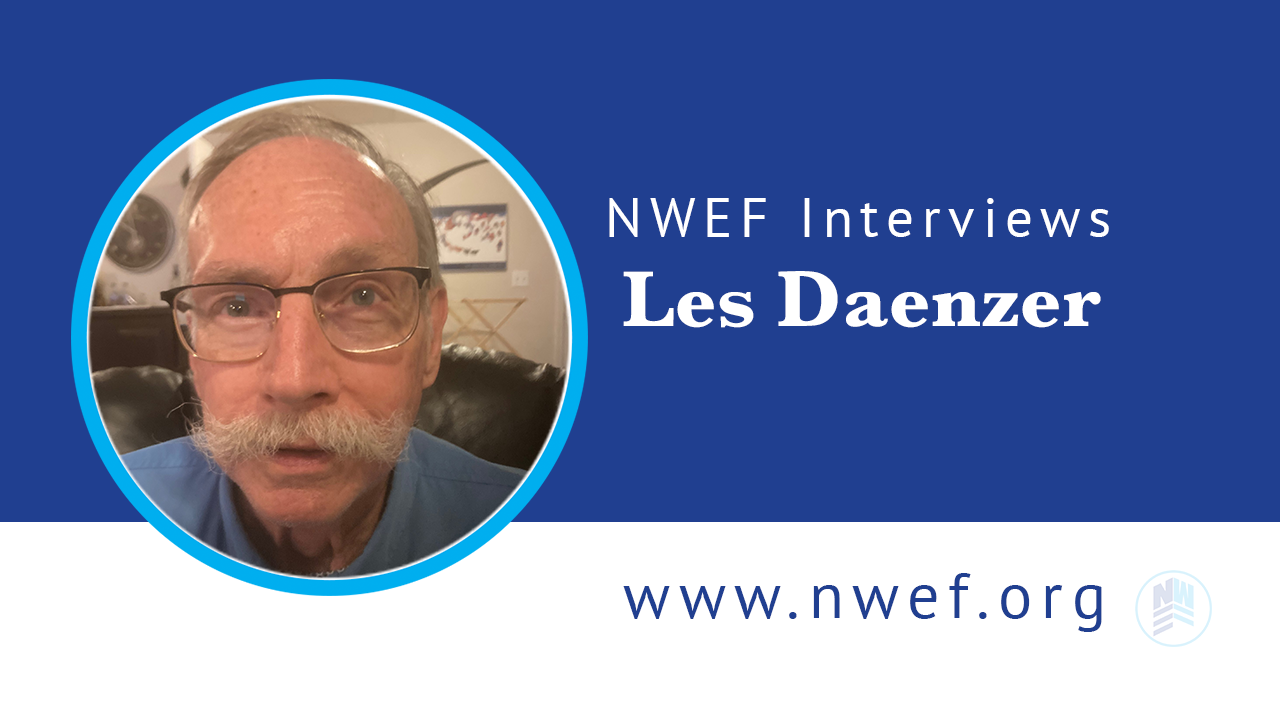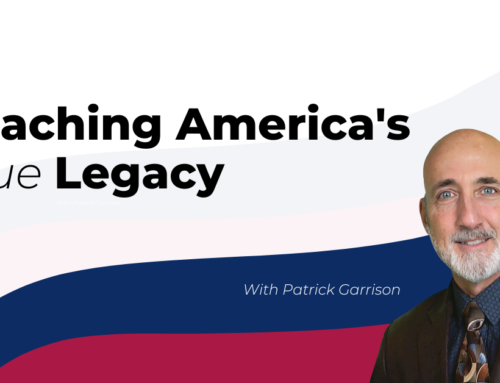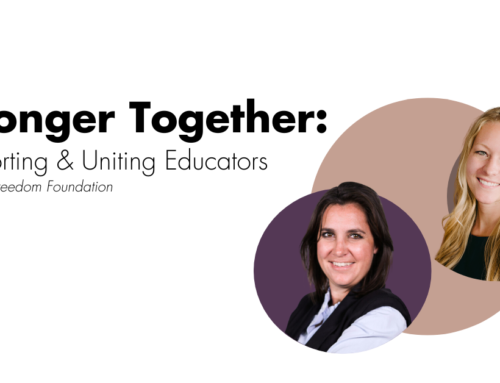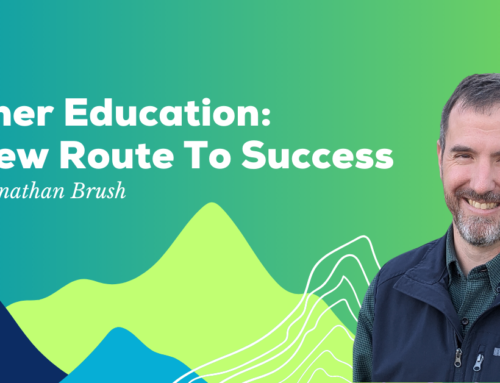
In this week’s interview, we spoke with retired teacher and administrator Les Daenzer.
An elementary school teacher’s friendship taught young Les an early respect for the field of education. He describes his teacher as “part of the school day, not just sitting up in front of the classroom.” From then on, he decided to be a teacher like that: one who got involved in the lives of his students and inspired them.
After college, Mr. Daenzer began working with Lutheran schools in Illinois, New York, and Alaska. In Alaska, he joined an accreditation team and helped his school become the first Lutheran school in Anchorage to be accredited. From there, he moved on to working with accreditation and administration in the native public schools of the Lower Kuskokwim School District.
Working in Alaskan schools held plenty of adventure for Les Daenzer. It was difficult to get school supplies, which typically had to be flown into the villages. Sports competitions were also difficult, with many island schools being an hour or two away from each other by small plane.
As an added challenge, most of the Alaskan native families lived a subsistence lifestyle. Few of them owned businesses or valued college degrees. Children from the villages did not typically view education as a necessity. After all, why did they need school if they could just continue to live off the land like their parents and grandparents?
Village elders expressed concerns about kids leaving and going to college. Who would take care of them in their old age if all the children left? What would happen to the village? Les took a careful approach to these concerns:
“I loved the people…and they loved you. It was a welcoming community, a welcoming culture—if you didn’t come in there and say ‘You’re living wrong.’ You didn’t go in there and say ‘I’m here to teach you how to live.’ That was a short-lived approach….I went in there and said ‘I’m here to learn—maybe learn [how] to live myself—from you. But I also have to teach you how to read and how to do math….'”
With his help, the village schools eventually renovated standards to better prepare students for life after high school. “You don’t have to go to college, but you do have to live and work in a culture. And you have to improve that culture,” Les told them.
In today’s interview, Mr. Daenzer also discusses the danger of schools becoming a substitute for the home. This is a trend that he’s seen often in modern education. He insists that teachers should not be substitute parents. “It’s teamwork. The parent has to be there—hand in hand right next to the teacher—both in support and also in extension. the teacher was never intended to take the place of the parent or the home.”
In discussing the purpose of education, Les Daenzer points to the future. “Take what’s available and expand it. Make it available for more people, make it more positive.” Rather than looking backward for educational standards, he encourages parents and educators to look ahead to where education, technology, and the world are headed. To be successful, students must be prepared for that reality.
“How can we take the culture that our schools are in now and project it a generation down and steer everything [toward that]? Not look to what we did in the past, but [instead] build on what we did in the past.”
Click here to watch the whole interview playlist with Les Daenzer, or select one of the short clips below to jump to a specific topic:
- Introduction
- Teachers who inspire
- The impact of teachers on students
- Teaching in Alaska
- A teacher’s Alaskan adventure
- Looking back on changes in education
- School as an extension of the family
- Parents and teachers work together
- Answering “I don’t have to go to school”
- Closing remarks
Want to hear more from today’s teachers, parents, administrators, and policy influencers? Subscribe to our YouTube channel to receive alerts when we post new interviews!
Note from the Editor: We thank all our contributors for their insights and expertise. However, the views of guest authors or interviewees are not necessarily those of Noah Webster Educational Foundation.




